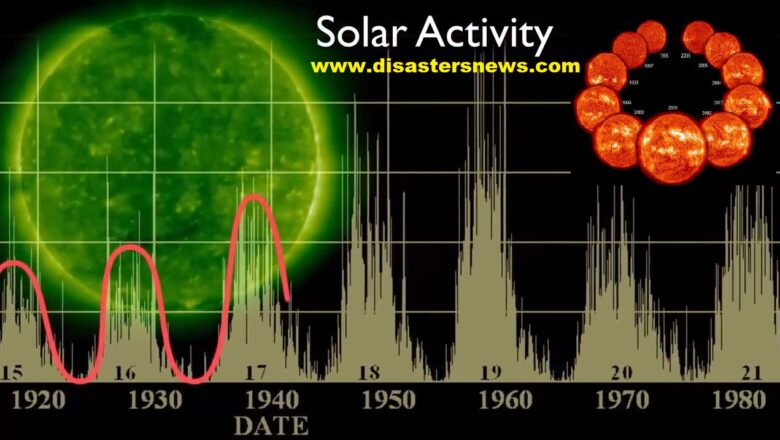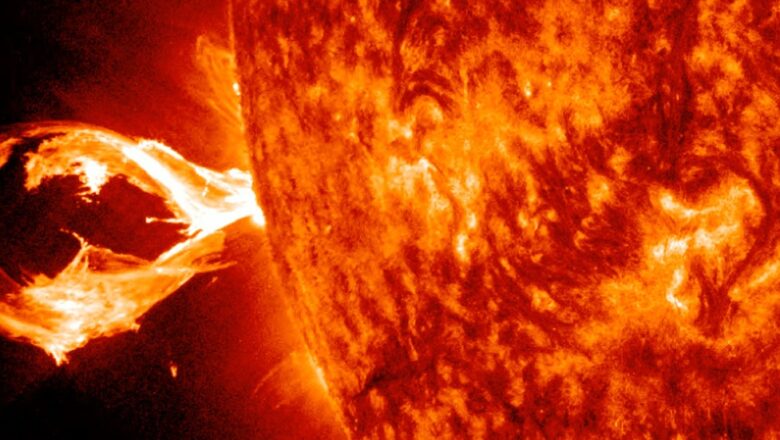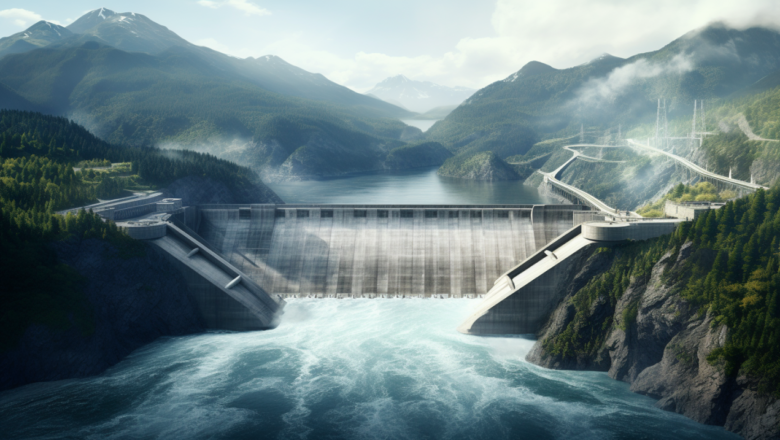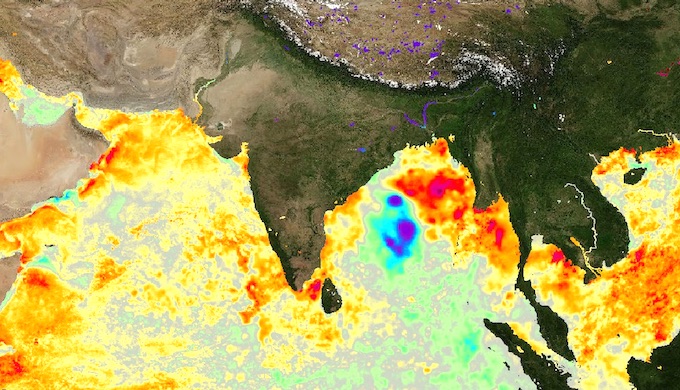
Sun Unleashes Monster Solar Flare, Radio Blackouts Expected On Earth
The Sun has emitted its strongest flare of the current solar cycle, a category X8.7 storm, sending a powerful surge of energized particles hurtling towards Earth. The flare, originating from sunspot AR3664, is anticipated to cause radio blackouts upon impact, particularly affecting regions such as the United States.
In a dramatic display of solar activity, the Sun has unleashed its most potent flare of the current solar cycle, sending shockwaves of energized particles hurtling towards Earth. Originating from an active sunspot designated AR3664, the flare, classified as a category X8.7 storm, represents a significant escalation in solar activity.
According to reports from the National Oceanic and Atmospheric Administration (NOAA), the sunspot responsible for the flare is situated at t...









